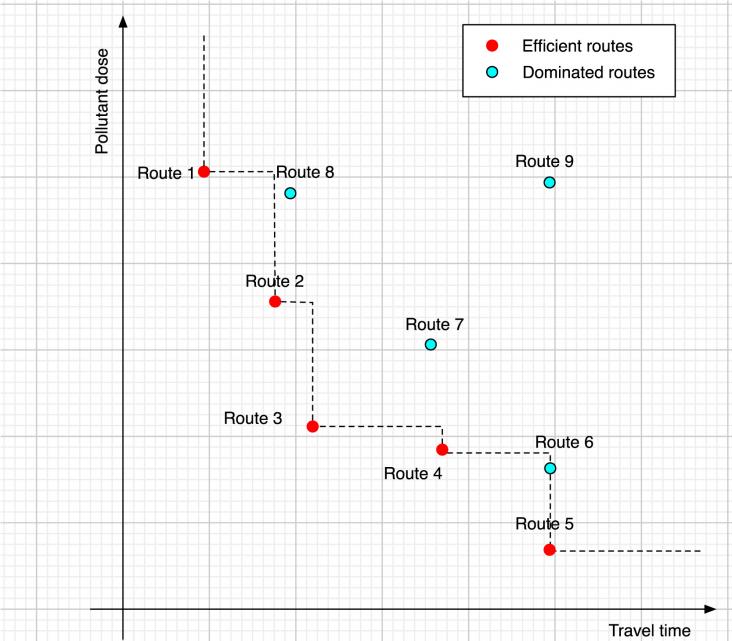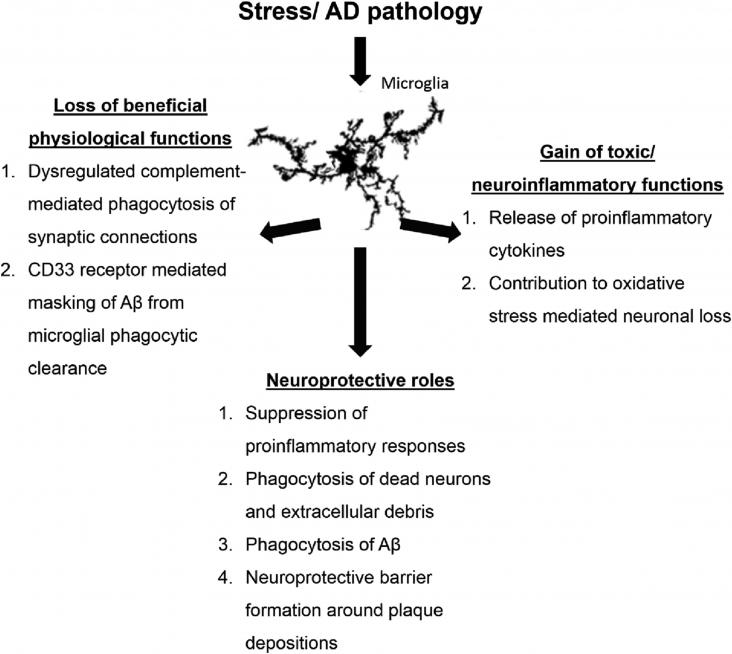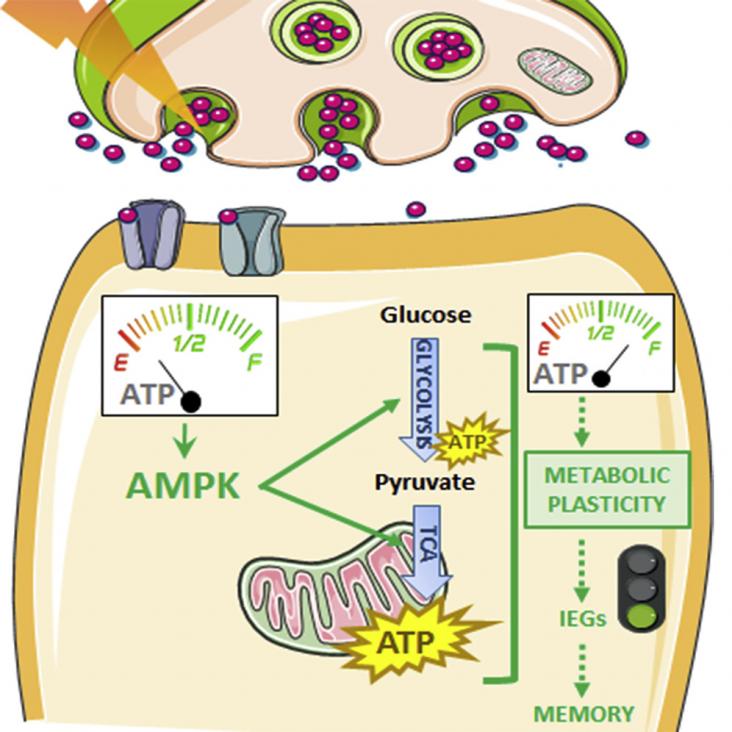This study supports SDGs 3 and 6 by showing that elementary WASH interventions alone were insufficient in reducing the prevalence of stunting, anaemia, and diarrhoea in children in rural Zimbabwe; these findings call for greater investment into, and scale-up of, WASH programmes in rural settings, in order to achieve more meaningful improvements in child health outcomes.
Sleep health is a good indicator to a person’s overall health status and general well-being. Proper sleep is one of the most important factors to healthy immunity.

Cyclists form the most vulnerable road user group in terms of injury from traffic accidents, as well as exposure to traffic-related air pollution.
This work intends to develop an intelligent, four-dimensional (namely X-Y-Z plus somatosensory), partial control, and virtual-reality-enabled Tai-Chi System (VTCS).
Exercise has been shown to reduce the risk of developing Mild Cognitive Impairment and Alzheimer's disease as well as to improve cognition in healthy and cognitively impaired individuals.

Microglia are the predominant immune cells of the central nervous system (CNS) that exert key physiological roles required for maintaining CNS homeostasis, notably in response to chronic stress, as we

Although the brain accounts for only 2% of the total body mass, it consumes the most energy.
The relationships between the natural environment and poverty have been a central theme in the sustainability and development literatures.
Towns and cities worldwide emit significant pollution and are also increasingly affected by pollution's health and climate impacts.
Recent progress in the genomics of non-syndromic autism spectrum disorder (nsASD) highlights rare, large-effect, germline, heterozygous de novo coding mutations.
